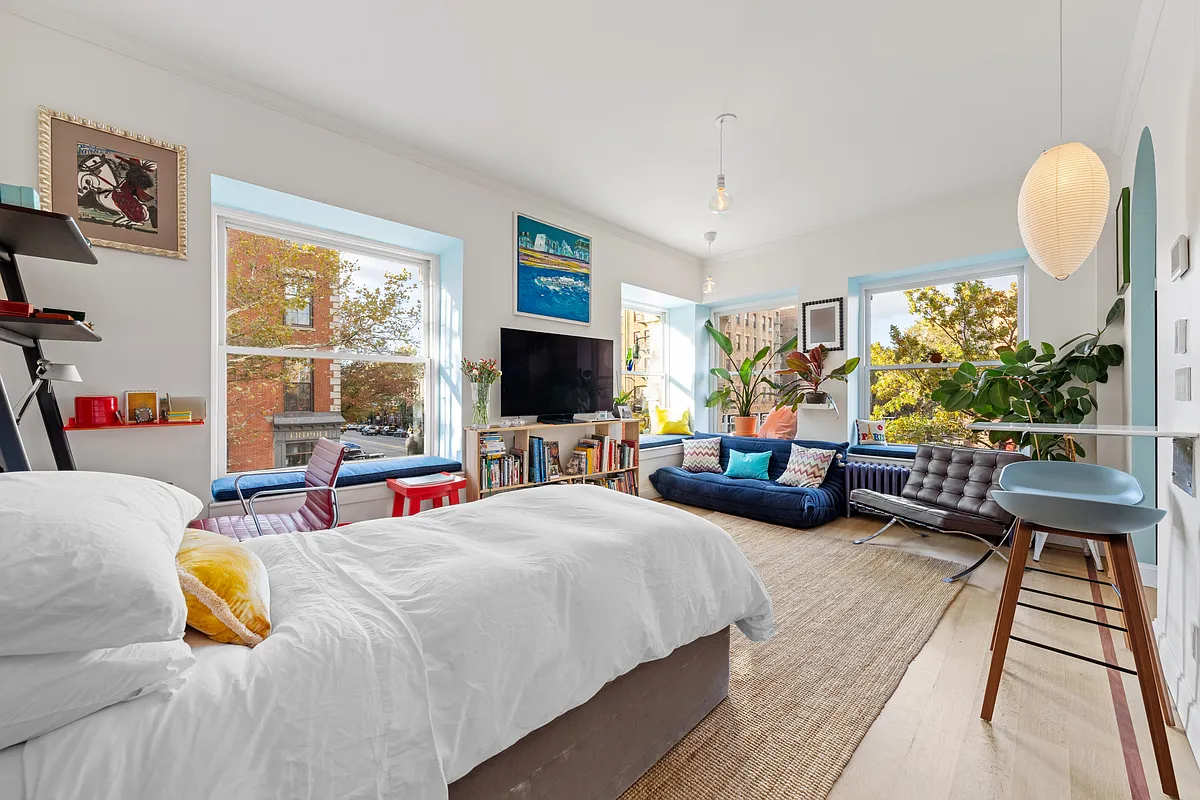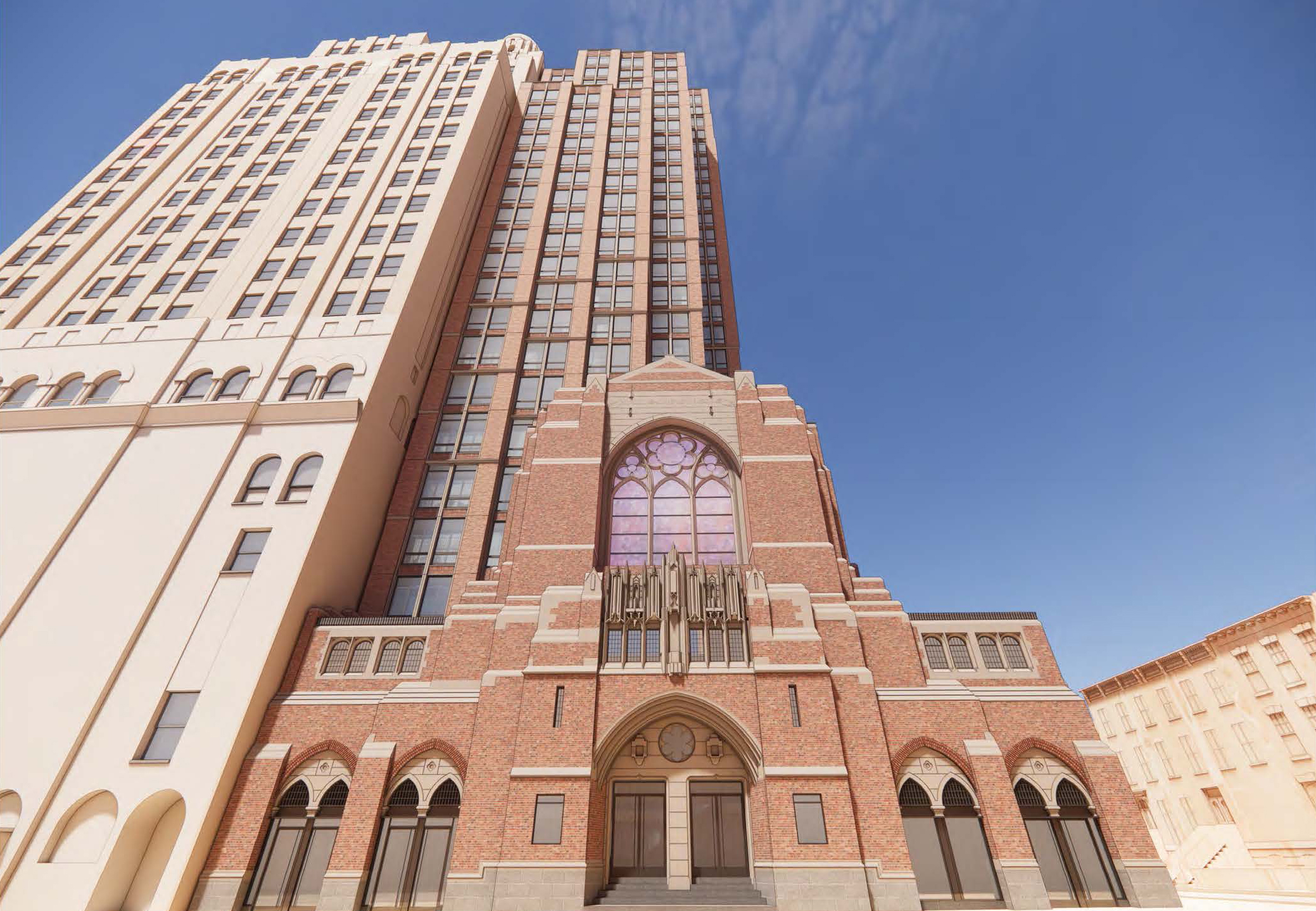Subprime Loans, The Root of All (Market) Evil
Harry Koza, columnist for Canada’s Globe and Mail, thinks that, contrary to the recent upswing in sentiment, the U.S real estate market is only in the first stage of a “Triple Waterfall Event” that will end in disaster. The root of the problem? The oft-maligned sub prime market. Some stats he serves up: – From…


Harry Koza, columnist for Canada’s Globe and Mail, thinks that, contrary to the recent upswing in sentiment, the U.S real estate market is only in the first stage of a “Triple Waterfall Event” that will end in disaster. The root of the problem? The oft-maligned sub prime market. Some stats he serves up:
– From 1994 through 2003, subprime mortgage lending grew at an annual rate of 25 per cent, up tenfold in nine years.
– As of September, 2006, 80 per cent of all subprime mortgages were Option ARMs which tend to have huge payment hikes in the third year.
– More than $1 trillion of Option ARMs will have payment jumps in 2007.
– In the third quarter of 2006, 12.5 per cent of all subprime loans were already delinquent on their payments after nine months.
– In the past month or so, seven subprime lenders have gone belly up.
Not a new theory, but those numbers are a little scary.
U.S. Housing Has Potential to Blow Up Real Good [Globe & Mail]
Photo from the Nuclear Weapon Archive





What is it about this article that folks have a problem with? Is there anything factually wrong with the article?
Payment shock is a very real phenomenon. I know at least 3 Fort Greene families who either purchased or refi’d in 2003 using ARMs that reset last year. Their nice little worlds were turned upside down last year as they scrambled to refinance in lieu of coming up with an extra 40% every month for the mortgage.
None of these families are at risk of foreclosing. However, their castles have now become their prisons.
Thank god this topic is back…I love the concept of “unsustainable growth” given that it’s been 10-years…it’s been pretty darn sustainable so far!
Don’t think there’s much of a debate that it’s unsustainable but I guess we’ve all forgotten that real estate is supposed to be a long term investment not a QQQ trade…
Sub-prime purchases accounted for 14.9% in 2004 up from 6% in 2002…obviously grew more rapidly in 2005 but by 2006 a lot of people were pulling back…
It’s just another cycle – the smart money is going to buy all this stuff when it hits the wall and sit on it just as the smart guys are buying the sub-prime mortgage companies (not the stock the companies) at a huge discount after the big names jumped into the business for quick returns and then ran them horribly. The weak sub-prime lenders (who noone wants to buy) will got belly-up as described and then – what do you have – a more rational market with fewer lenders. Just gotta love capitalism…
I’d give the article more credibility if it wasn’t penned by a gold bug. I’m not saying that there has been a turnaround in the housing market, because I think the idea that an inflection point has been reached is too optimistic.
I’m also as skeptical in Coxe’s (or anyone’s) ability to predict a “triple waterfall event” as I am skeptical that he could perform a triple lindy. It’s like parlaying a few medium to long odds horses and hoping to win the pick three at Belmont.
Whoa, whoa, whoa,….a Canadian commentary on the state of the US Real State market. Comon folks lets not get so bored lately, huh? I mean, perhaps the market is slowing and corrections have always been a necessary evil but really folks. What would make our northern friends more excited to sell some rags than to paint a doom and gloom scenario. Also, is the brownstoner site losing a sense of realty in that this is what is left to produce? Lets kind of take a breath shall we? Thanks for the time.
It seems, just anecdotally, that the subprime loans target several groups – firstly, those who can least afford it and in the poorer areas and those who want to “get in the game” so to speak – these folks have good jobs, but don’t make quite enough for a million plus home in NYC or the surrounding area, and these folks count on appreciation to bail them out of that loan. I’m sure you will see the poorer people start to foreclose, and possibly even the others, although those folk will probably try to stick it out longer.
And I agree with #2 – a co-op wouldn’t allow it. BUt there are a TON of new condos on the market and coming on the market that will…
I have sat back and watched the inflated gains even here in our market over the past 10 or so years and there is no way it is going to be sustainable over time. Ten years ago a woodie in Williamsburg could be bought for about $100K (or less), maybe double that in other parts of Bkln. Today that same house is $1 million or more (some even triple or quadruple that). Have any of your salaries increased by tenfold, thirtyfold, or quadruplefold over those years to allow you to buy a new house at these new prices? If so, are you hiring and where do I get an application?
If you actually price the bricks and mortar to rebuild the same house on an empty lot you come closer to the 10 year ago price – minus the cost of the lot – so it has to be the lot itself that has increased in value, and I just dont see it. It’s all hype. We live in a great area now, but not so great that any of us could ever pay off our homes and retire if we hadn’t bought them prior to the insane inflation here. I for one am worried about how I will pay my property taxes when I retire living on SSI if at that time they are based on these crazy appraisals. I have friends in NJ whose property taxes are more than $25K per year (about twice what their social security income will be when they retire in a few years). I can easily see those kinds of taxes here before long once these crazy appraisals take hold. As for coops being protected, they won’t be if everything else comes crashing down around them. If if falls back to where prices actually should be with regard to what would have happened over the course of a normal increase of history, our $100K of 1996 house should be worth about $180K now, and if prices were to fall back to that then anyone with a $600K coop mortgage (barely paying the interest on it) will buckle as well because their coop will no longer be worth what they owe on it where anyone else can buy a house or condo for 1/3 the price. I would be hard pressed to recommend anyone to buy into our area right now at these prices. Good luck to any of you with ARM’s or who bought in recently even with conventional loans on overvauled prices. I think you’ll need it before it’s all said and done.
Subprime lending is huge in NYC’s nabes of 1 to 4 family homes–Bed Stuy, Bushwick, Jamaica, etc etc. In the current market those properties are usually desirable on the foreclosure or tax lien sales markets when owners can’t pay, but conceivably we could see a glut of fixer-uppers coming online, burdened with too much debt to be sellable.
I’m curious about what people think of this on a local level. Much of the housing avaliable in New York is coops, and can’t imagine many coop dwellers have subprime loans. Not that national housing trends don’t affect New York, but I’m wondering how much subprime lending is even a factor in such a high stakes market.
10 fold? My god! Anybody know these same stats for NYC?